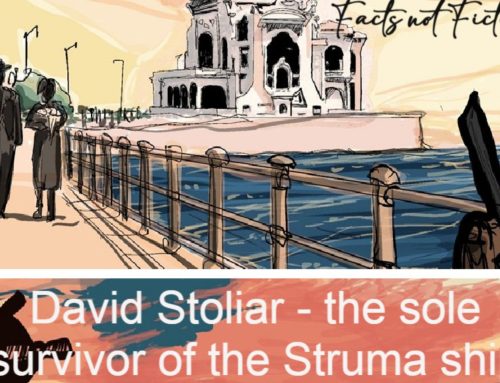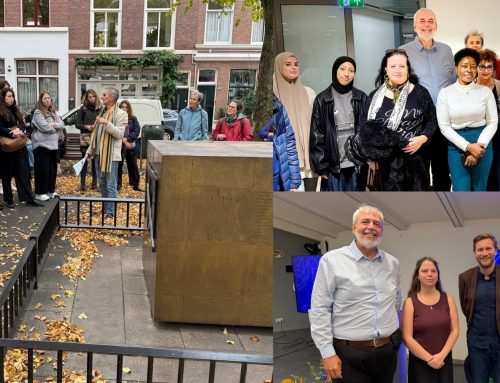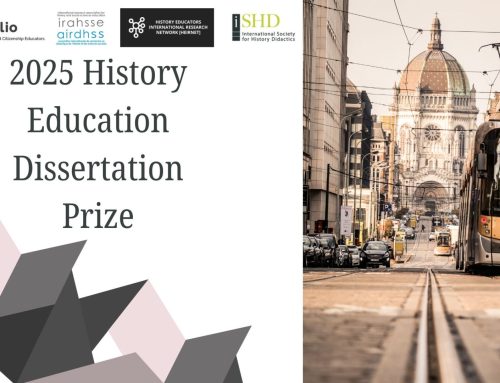Organized in cooperation with History Teachers Association of Hungary and hosted by the Balint Ház the development team of the ‘Silencing Citizens through Censorship. Learning from Europe’s 20th-Century Dictatorial and Totalitarian Past’ team came together in Budapest from 10 to 12 June 2016. The project team further developed their ideas on educational resources which will provide tools, sources and methods on how to deal with the topic of censorship in Europe’s 20th century dictatorial and totalitarian regimes in teaching, as well as provided a training for local educators from Hungary using the resources developed in the project so far. The training was met quite positively by the local teachers who stressed the importance of these materials in promoting critical and independent thinking and multiperspective approach among students. In the course of 2 days meeting, the team has been actively involved in brainstorming and discussion on the development procedure of the resources and the content covered. The educational resources developed in this project will be built around several key questions such as: what was censored and why, who was censored, what were the consequences, what is the legacy and bigger picture. At this meeting, the draft topics of educational resources have already been identified some examples of which are “Isn’t it a great time for censorship?”, “Dangereous Art”, Still Dangerous in a Democracy? and many more. The resources will cover certain periods particular for project countries covered in the project.
In the coming period, the team members will work on processing the received feedback and develop their educational resources in the required format for Historiana Unit. Between September and December a series of trainings in the project countries as France, Germany, Republic of Macedonia, Spain, Italy, Hungary and Poland with the use of the resources developed in the project are planned. The inputs from these trainings will be presented at the final development meeting of the project in Macedonia (2-4 December 2016) where remaining decisions on the finalization of the unit of “Censorship” in Historiana will be made. More workshops using the materials from the project after the final development meeting in Macedonia are expected.
The Silencing Citizens through Censorship. Learning from Europe’s 20th-Century Dictatorial and Totalitarian Past’ project will involve a transnational group of history and citizenship educators from EuroClio’s member Associations in France, Germany, Hungary, Italy, Macedonia, Poland, and Spain in the development and implementation of students-driven projects on. During the project the team members will develop engaging and thought-provoking resources on striking historical examples of censorship with their students through the collection, compilation and analysis of multi-perspective sources. Students with their teacher will then organize local public events such as exhibitions or debates to showcase the cases they researched in a way that questions the resonance of such history today.












